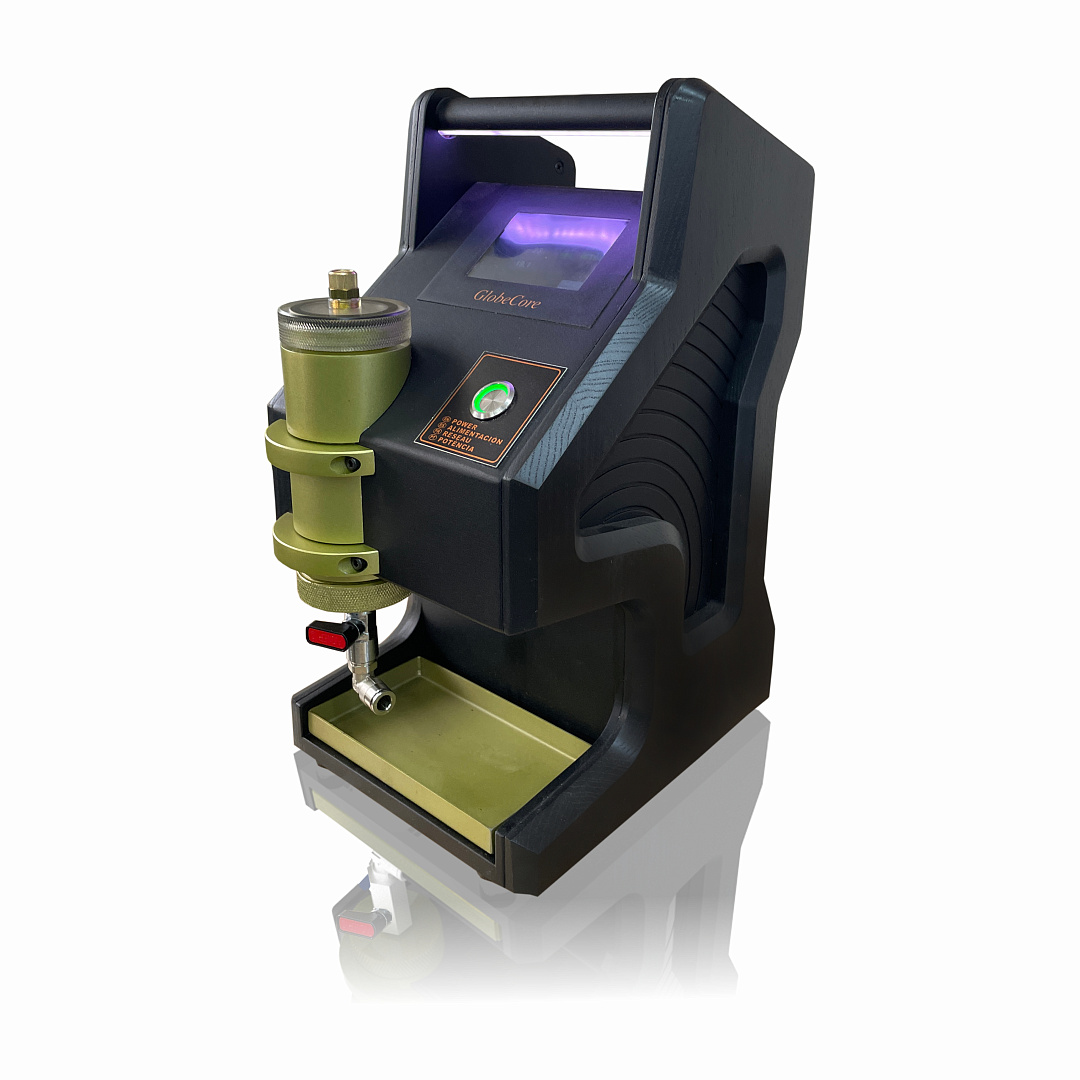How does Diesel Fuel Purification Systems Technology improve fuel cleanliness?
- This topic has 1 reply, 2 voices, and was last updated 1 year, 2 months ago by .
Answers
-
October 5, 2024 at 5:48 am by Agostino Falcone
Diesel Fuel Purification Systems Technology improves fuel cleanliness through the integration of advanced filtration and separation methods designed to remove a wide range of contaminants. Multi-Stage Filtration incorporates various filter types, such as mechanical filters for particulates, magnetic separators for ferrous metals, and coalescing filters for water removal, ensuring comprehensive purification. Centrifugal and Vacuum Separation Technologies effectively remove moisture and fine particulates by exploiting density differences, enhancing fuel dryness and reducing corrosion risks. Advanced Adsorption Media capture chemical impurities and acids, maintaining the chemical stability of diesel fuel. Automated Monitoring and Control Systems utilize sensors and real-time data analytics to adjust purification parameters dynamically, ensuring consistent fuel quality even with varying contamination levels. Energy-Efficient Components like optimized pumps and separators minimize power consumption while maximizing purification performance. Additionally, smart purification algorithms predict maintenance needs and optimize filtration cycles, maintaining high cleanliness levels without manual intervention. Integration with Digital Technologies allows for seamless data management and system optimization, enhancing overall purification efficiency. These technological advancements collectively ensure that diesel fuel remains clean and free from harmful contaminants, protecting engine components, improving combustion efficiency, and extending the lifespan of diesel-powered machinery.



